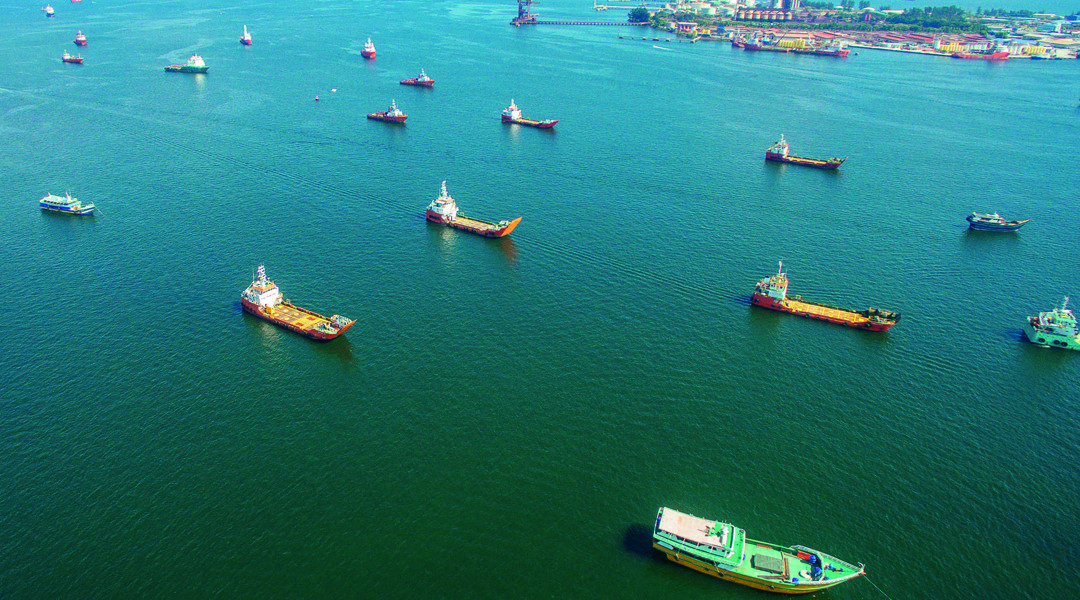Poland and Ukraine are increasing this year’s production of thermal coal, the most polluting fossil fuel, preparing for colder months as Europe grapples with an energy security crisis exacerbated by the war in Ukraine.
Thermal coal use as fuel for power plants will need to plummet if the world wants to meet its goals to reach net zero emissions by mid-century.
But, as Russian gas flows to Europe have fallen after Russia’s invasion of Ukraine and Europe’s sanctions on Moscow, the continent is scrambling for alternative supplies.
Despite widespread commitments to phase out coal from the electricity sector, countries including Germany, Austria and the Netherlands are preparing to boost coal-fired power generation as a contingency measure.
Poland plans to “increase thermal coal production from existing mines this year maximum by 1.5 million tonnes,” Janusz Olszowski, president of the Polish Mining Chamber of Industry and Commerce, told Reuters in an emailed statement.
The country’s coal miner PGG had said it would gradually shut down all its mines by 2049.
“Last year, Polish coal mines were included in the mining potential reduction plan. Therefore, we cannot suddenly increase production this year in a significant way,” Olszowski said.
Poland, which relies on coal for around 70% of its electricity generation, earlier this month also introduced measures that will subsidize coal for households using fuel for heating purposes to mitigate surging prices.
“We’ve kept our coal-fired power generation capacity and we want to increase coal production – this is a necessity to be secure for the autumn and winter,” Prime Minister Mateusz Morawiecki told reporters in Brussels on Friday.
DTEK, Ukraine’s largest energy investor, also said in an emailed statement that the country was planning to increase domestic stocks of thermal coal from 2 million tonnes to 3 million tonnes ahead of winter.
DTEK Energy, which operates the coal mines, is trying to ensure pre-war levels of coal production, it added, without disclosing numbers due to security reasons.






